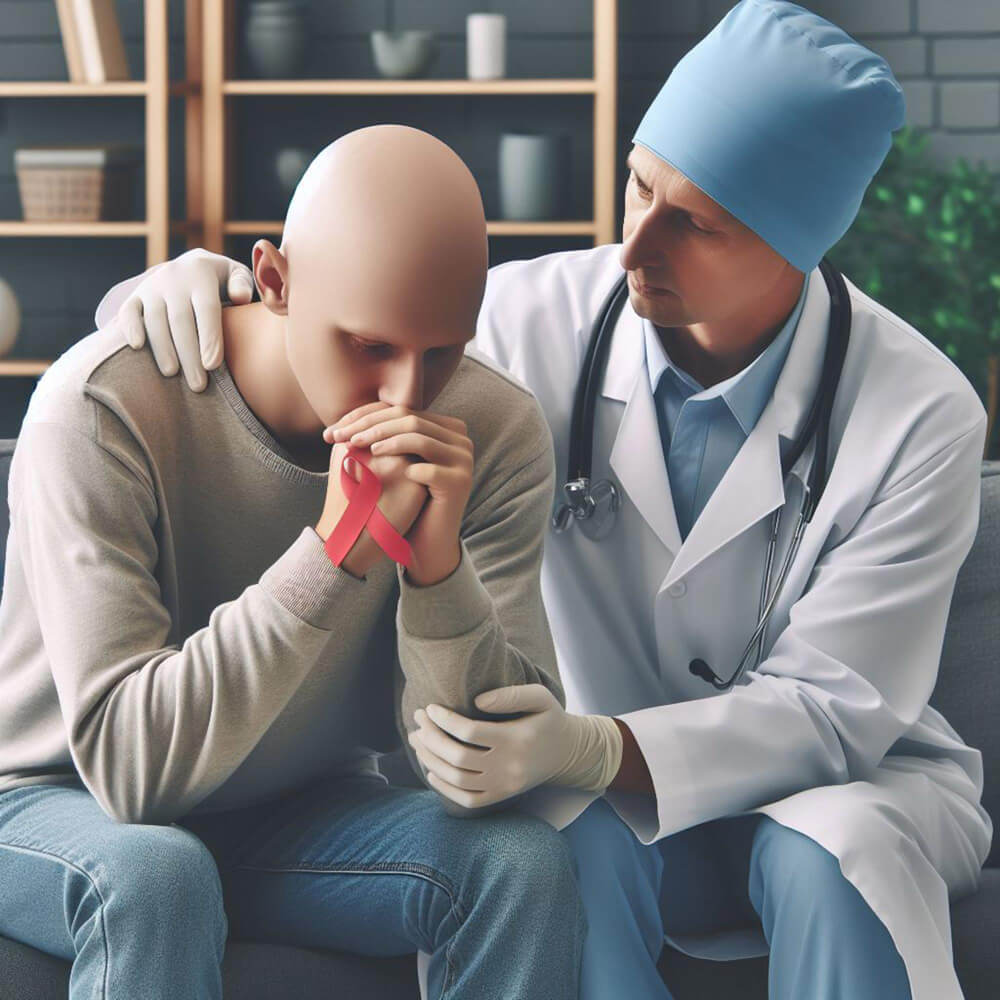What Is OCD?
Obsessive-compulsive disorder, or OCD, is more than a personality quirk or a love for tidiness. It is a diagnosable mental health condition that affects how a person thinks, feels, and functions. People with OCD experience unwanted, intrusive thoughts known as obsessions. These thoughts trigger intense anxiety, fear, or discomfort. To ease that distress, they perform repetitive behaviors called compulsions. This cycle is exhausting, disruptive, and often deeply misunderstood.
The compulsions may work briefly. But the thoughts always return, and the person feels stuck. OCD is not a preference or a phase. It is a serious disorder that can take over someone’s life.
At Zeam Health & Wellness, we understand the weight OCD carries. We offer evidence-based psychiatric care to help people find relief.
How OCD Looks in Real Life
People with OCD are often aware that their thoughts do not make sense. Still, they feel compelled to act on them. Obsessions come in many forms. One person may be terrified of germs, while another fears they might hurt someone by accident. The fear feels real, even if it is irrational. The brain refuses to let go.
To reduce this fear, compulsions kick in. These are behaviors like checking the stove dozens of times, washing hands until the skin cracks, or repeating a prayer to “undo” a bad thought. Some people avoid places, people, or routines just to avoid triggering their thoughts. Over time, daily routines shrink, energy is drained, and relationships suffer.
What makes OCD different from everyday worry or perfectionism is how much time it consumes. To meet diagnostic criteria, the cycle must disrupt important parts of life and last more than one hour per day.
Common Obsessions and Compulsions
Obsession Themes
- Fear of contamination or germs
- Intrusive sexual, violent, or religious thoughts
- Fear of causing harm to oneself or others
- Worry about making mistakes
- Deep need for symmetry, order, or exactness
- Excessive concern over morality, identity, or “rightness”
Compulsion Patterns
- Excessive cleaning or hand washing
- Repeated checking of locks, appliances, or health symptoms
- Mentally repeating words, prayers, or numbers
- Arranging items until they feel “just right”
- Avoiding people or situations linked to intrusive thoughts
- Seeking constant reassurance from others
What Causes OCD?
There is no single explanation for OCD. Most experts agree it results from a combination of genetic, neurological, and environmental factors. People with a family history of OCD are more likely to develop it. Brain imaging studies also show changes in areas linked to decision-making and impulse control.
In some children, OCD symptoms appear suddenly after a strep infection, a condition called PANDAS. Others develop symptoms gradually, often in adolescence or early adulthood. Childhood trauma may also raise the risk, especially when combined with other stressors.
Still, even without these risk factors, OCD can appear. It is unpredictable, and it affects people from all walks of life.
Is OCD a Mental Illness?
Yes. OCD is classified as a mental illness in the Diagnostic and Statistical Manual of Mental Disorders (DSM-5). It is not the same as obsessive-compulsive personality disorder (OCPD). People with OCD usually recognize that their thoughts and behaviors are irrational and want help. People with OCPD often believe their habits are correct and see no issue.
How Common Is OCD?
OCD affects an estimated 1.6 to 2.3 percent of the U.S. population. That may sound small, but it equals millions of people. About half develop symptoms in childhood or adolescence. In rare cases, symptoms emerge after age 40. The disorder affects both men and women, although women are slightly more likely to be diagnosed in adulthood.
Is OCD Curable?
There is no definitive cure for OCD, but it is highly treatable. With the right support, many people reduce their symptoms and reclaim their lives. The key is early and consistent care. Without treatment, OCD symptoms can become more entrenched over time, making them harder to manage.
Treatment works best when it is tailored to the individual. That is why our team at Zeam creates personalized plans that combine multiple tools for long-term results.
How We Treat OCD at Zeam Health & Wellness
OCD can be managed effectively with professional help. At Zeam Health & Wellness, we offer psychiatry services that blend therapy, medication, and noninvasive interventions. Our clinics in Sacramento, Roseville, and Folsom provide accessible care for people across Northern California.
Psychiatric Evaluation and Diagnosis
Each patient starts with a thorough psychiatric assessment. This step ensures that we understand your experience, history, and goals. We look at the full picture, not just the symptoms.
Evidence-Based Therapy
The most effective treatment for OCD is a type of cognitive behavioral therapy referred to as exposure and response prevention (ERP). During ERP, patients face their fears in controlled settings while resisting the urge to perform compulsions. Over time, the brain learns that it is safe to tolerate discomfort without rituals.
We also offer acceptance and commitment therapy (ACT) to help patients stop fighting their thoughts and start living with more freedom. ACT teaches that thoughts are just thoughts. They do not need to control behavior.
Medication Management
Medications such as selective serotonin reuptake inhibitors (SSRIs) help many people with OCD. They reduce the intensity of obsessions and make therapy more effective. Common options include fluoxetine, sertraline, and paroxetine. Treatment often involves higher doses than those used for depression, and results may take several weeks.
TMS for Treatment-Resistant OCD
For those who do not respond to therapy or medication, we offer transcranial magnetic stimulation (TMS). TMS is a noninvasive procedure that uses magnetic fields to stimulate areas of the brain involved in OCD. We use the Magstim Horizon 3.0 system, one of the most advanced TMS technologies available.
When to Seek Help
If obsessive thoughts or compulsive behaviors are interfering with your life, do not wait. The sooner you seek care, the more likely treatment is to succeed. OCD can be overwhelming, but it does not have to define your future.
Reach out if you are:
- Spending over an hour a day on rituals
- Avoiding people, places, or responsibilities due to fear
- Struggling with anxiety, depression, or isolation
- Feeling exhausted by your thoughts or ashamed of your behavior
Reclaim Control With Zeam
Our team of licensed psychiatrists and therapists works side by side with each patient to help them reclaim their time, energy, and peace of mind. With locations in Sacramento, Roseville, and Folsom, support is always within reach.
If you are ready to move forward, we are here to help.
Schedule your psychiatric evaluation today.






